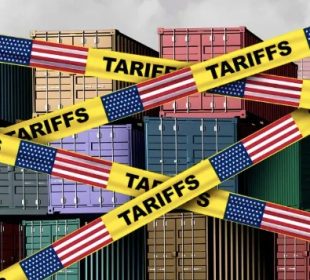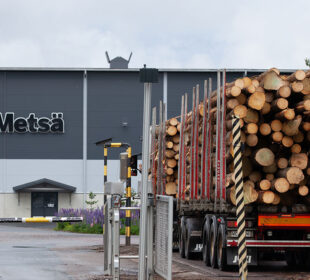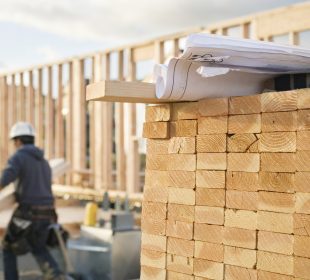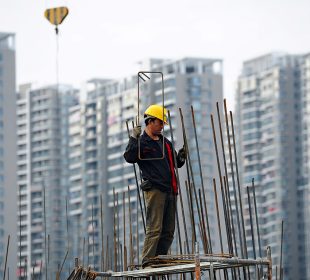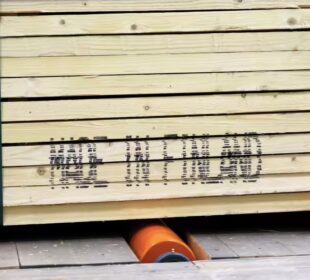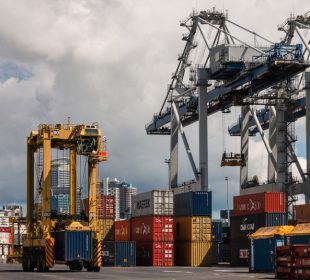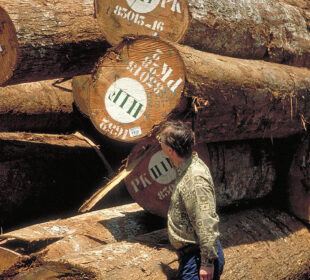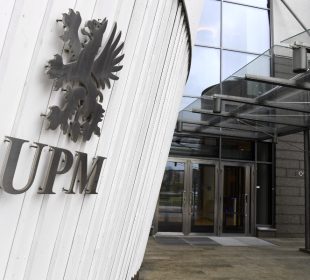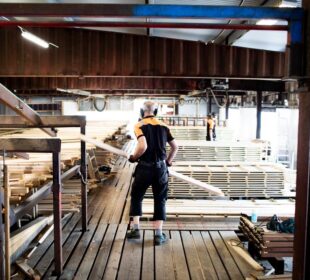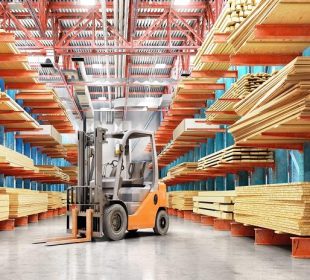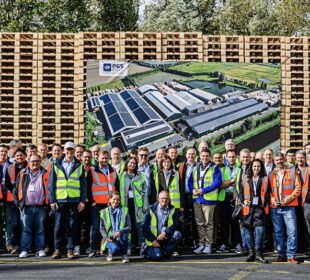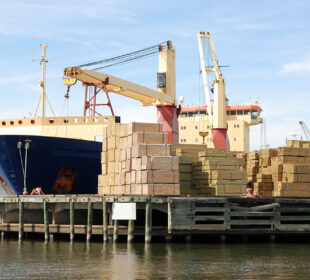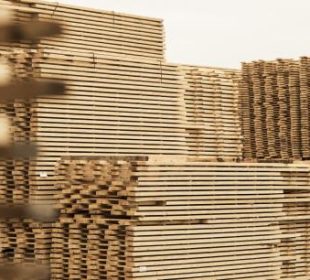The Wood Trade Brazil - Lignum Brazil Fair promoted by the Brazilian Association of Mechanically-Processed Timber Industry (ABIMCI), the Federation of Industries of Paraná State (FIEP) and Malinovsky Events was held in Curitiba early March. This brought together representatives of the timber industry, log producers and professionals involved in the wood supply chain.
During the event the state of the Brazilian economy and its effect on the timber industry was discussed. The consensus was that negative domestic economic growth is diminishing opportunities in the domestic market and that, to survive, industry must seek alternative markets.
At the beginning of this decade the timber industries in Brazil were operating in a favourable economic climate but this did not last and the sector soon began to experience great difficulties to the point that output and sales fell. In 2015 the timber industry saw production drop by almost 5%.
As the situation deteriorated there was a fall in sector employment but this was less so in the sawmilling sector than in manufacturing. In respect of exports, although volumes sales rose, prices dropped however, the impact on the profitability of Brazilian companies was cushioned by the weakening real against the dollar. Speakers at the Fair concluded that throughout 2016 the lack of confidence and rising uncertainty will remain intense.
According to the ABIMCI presentation during the Fair, resumption of activity in the North American construction sector should have a positive impact on Brazilian wood product exporters. In addition, in other markets such as Mexico as well as some African and Middle Eastern countries demand remains firm. Even in Europe there is a steady demand for Brazilian wood products especially pine plywood.
Brazil has an advantage over some competitors in the European market as ocean freight charges are low. Brazilian exporters also benefit from good, long term relationships and partnership with companies in Europe. Such partnerships are the foundation for development of new products such as cross laminated timber and other prefabricated wood products for the EU market.
[gravityform id="1" title="true" description="true"]
[gravityform id="2" title="true" description="true"]


